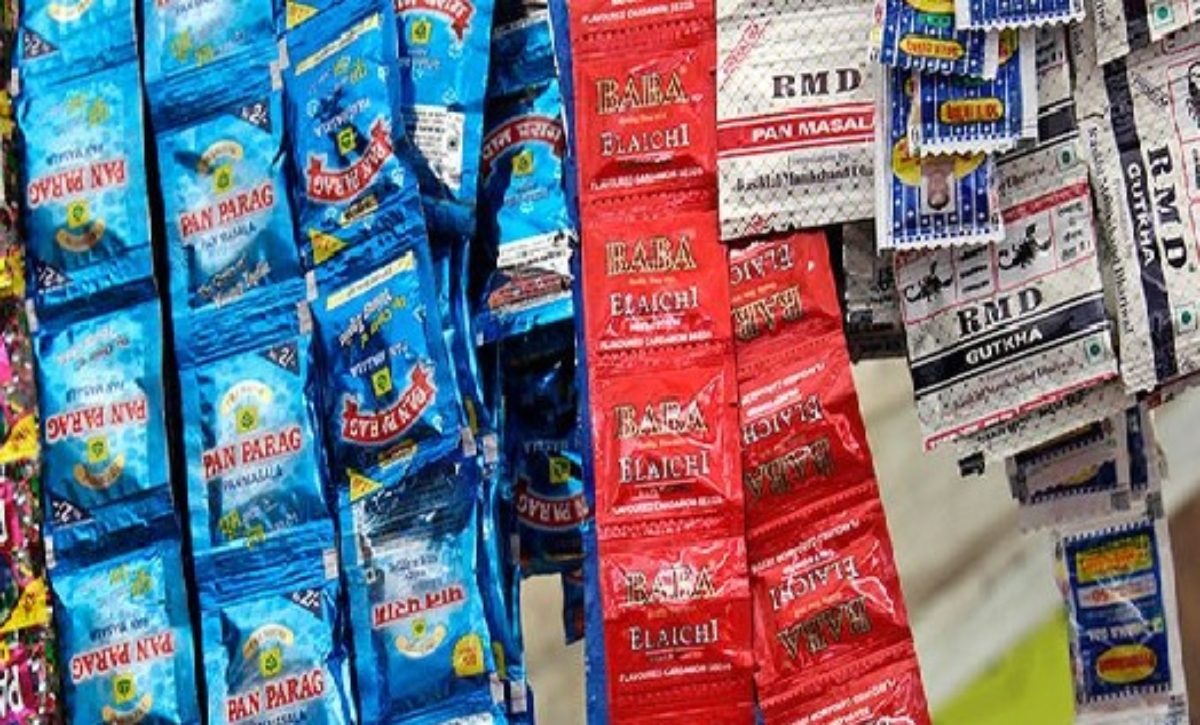Recent developments in Assam have brought to light a concerning issue regarding the presence of toxic magnesium carbonate (MgCO3) in various pan masala brands. The Assam government acknowledged this alarming discovery during a Public Interest Litigation (PIL) hearing, raising questions about the safety of these products and their potential health risks to consumers.
The Revelation: Advocate General Devajit Saikia, representing the Assam government, made a startling admission during the PIL hearing. According to media sources, he confirmed that MgCO3 was found in 43 different pan masala brands. This revelation sent shockwaves through the community and prompted immediate concerns about the health and well-being of those who consume these products.
The Court's Response: In light of this disturbing revelation, the court swiftly acted by instructing the government to file an affidavit within a week, providing detailed information about this situation. This move indicates the seriousness of the issue and the need for immediate action to address it.
The Context: To better understand the gravity of this situation, it's essential to recognize the background. On August 27, the Gauhati High Court had already directed the Assam state government to take necessary actions against the sale of pan masala and gutkha products containing lethal magnesium carbonate. This initial directive laid the foundation for addressing the issue.
Understanding Pan Masala and Gutka: Before diving further into the problem, let's clarify what pan masala and gutka are. Both are forms of smokeless tobacco products that are widely consumed in various regions of India. They typically consist of a combination of ingredients, including areca nut, slaked lime, catechu, and flavouring agents. Pan masala and gutka are known for their addictive nature and have long been a subject of health concerns.
The Chemical Composition: A study published in 2018 provided valuable insights into the composition of these products. It revealed that pan masala and gutka are created using approximately 4,000 chemicals, with at least 40 of them being carcinogenic compounds. One of these carcinogenic compounds is magnesium carbonate (MgCO3).
Magnesium Carbonate's Role: Magnesium carbonate is primarily used in pan masala and gutka as an anti-caking agent. Its purpose is to prevent the ingredients from clumping together, thus extending the shelf life of these products. Additionally, it provides a soothing sensation in the throat when consumed. However, its role doesn't stop there. MgCO3 has the potential to enhance the body's ability to absorb nicotine, a highly addictive substance present in tobacco. This heightened absorption can make the product even more addictive, compounding the health risks associated with it.
Health Implications: The health implications of consuming pan masala and gutka products containing MgCO3 are grave. Advocate A. Goyal, who represented petitioner Jitul Deka in August 2023, presented scientific research demonstrating the severe health risks associated with these products. Consumption of pan masala containing MgCO3 can lead to acute hypermagnesia, cardiac arrest, and cancer. These findings underscore the urgency of addressing this issue to protect public health.
Legal Violations: The legal aspect of this matter cannot be overlooked. Goyal argued that the manufacture, storage, distribution, transportation, display, and sale of pan masala containing "MgCO3" are clear violations of Section 26 of the Food Safety and Standards Act, 2006, and Regulation 3.1.7 of the Food Safety and Standards (Prohibition and Restriction on Sales) Regulations, 2011.
The Petitioner's Plea: The petitioner, Jitul Deka, had initially filed a petition addressing this issue in 2020. Deka sought a ban on pan masala products containing MgCO3 due to the substantial health risks they pose. Despite the existence of food safety regulations stating that pan masala should not contain magnesium carbonate, the Food Safety and Standards Authority of India (FSSAI) has described it as "neither permitted nor restricted," creating a regulatory gap.
A Glimpse into the Future: The upcoming hearing for this case is scheduled for November 7. During this hearing, further actions and investigations related to the issue of toxic magnesium carbonate in pan masala brands will be discussed. This hearing presents an opportunity to address the concerns and take necessary measures to protect public health.
The presence of toxic magnesium carbonate in pan masala brands has ignited a significant health crisis in Assam. The acknowledgement of this issue by the state government and the subsequent legal actions indicate the gravity of the situation. As the court proceedings unfold, it is crucial to prioritize public health and safety by addressing this issue comprehensively. Stricter regulations, thorough investigations, and timely actions are essential to safeguarding the well-being of consumers and preventing further harm caused by this hazardous product

 As the court proceedings unfold, it is crucial to prioritize public health and safety by addressing this issue comprehensively. Stricter regulations, thorough investigations, and timely actions are essential to safeguarding the well-being of consumers and preventing further harm caused by these hazardous products
As the court proceedings unfold, it is crucial to prioritize public health and safety by addressing this issue comprehensively. Stricter regulations, thorough investigations, and timely actions are essential to safeguarding the well-being of consumers and preventing further harm caused by these hazardous products










.jpeg)

.jpeg)
.jpeg)

.jpeg)


.jpeg)



.jpeg)
.jpeg)
.jpeg)


.jpg)


.jpeg)
.jpeg)